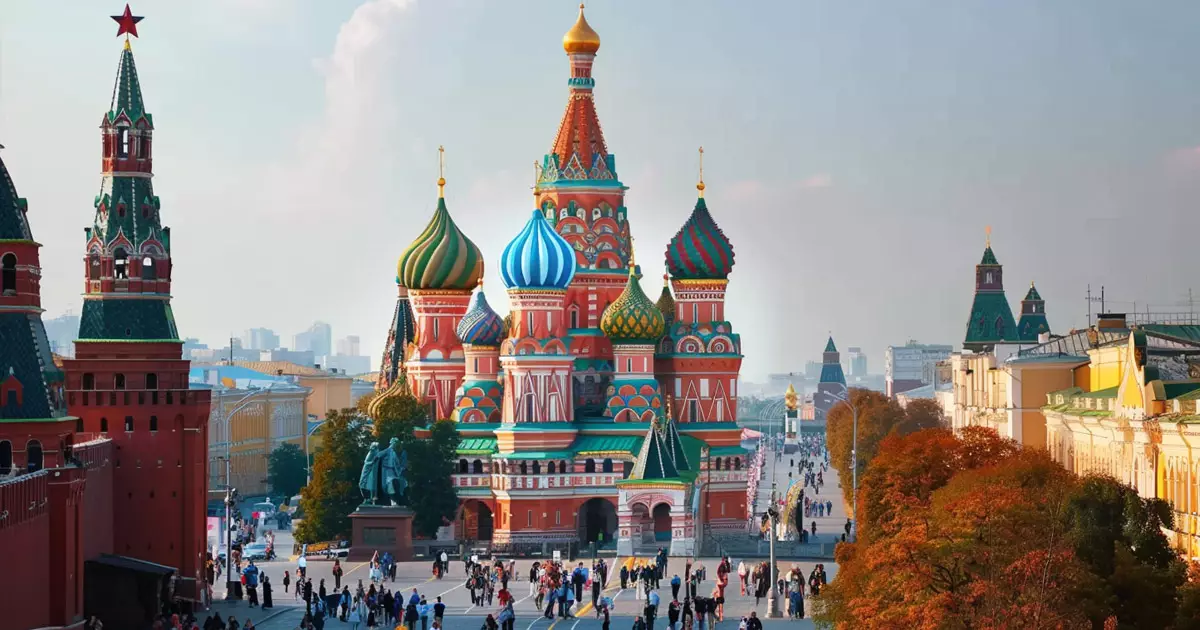Russia’s Ministry of Finance has recently proposed a new approach to digital asset trading, suggesting that traditional exchanges could handle such transactions for select investors. This potential shift in regulations could have significant implications for the future of cryptocurrency in Russia.
The proposed regulations outline the creation of special rules for “conducting organized trading in digital currency, recognized as a commodity, on the basis of an exchange license or a trading system license.” This would be limited to a small group of “particularly qualified” investors, with no specific qualification criteria provided.
The Russian Central Bank’s register of licenses for exchanges and trading systems currently includes seven companies, such as Moscow Exchange and St. Petersburg Exchange. These exchanges could potentially support crypto flows and allow companies to participate in digital asset trading under the right legal conditions.
In addition to the exchange proposal, the government response also addresses crypto mining regulation and the use of digital currencies in settlements. There is a plan to create a recognized status for digital currencies and allow foreign exchange transactions with digital assets, including the use of cryptocurrency as a means of payment in foreign trade agreements.
Prime Minister Mikhail Mishustin has instructed various government entities to develop an international crypto payment mechanism by 2022. This could involve granting the central bank the authority to establish an experimental international crypto settlement platform as early as September. General regulation could accommodate digital asset payments in foreign trade if digital assets are given the proper status.
Russia is also considering the legalization of stablecoin use for international payments and is exploring the advancement of central bank digital currencies (CBDCs). These initiatives could further integrate digital assets into the Russian financial system and provide new opportunities for investors and businesses.
Russia’s proposed regulations for digital asset trading represent a significant step towards embracing cryptocurrencies and blockchain technology. By allowing traditional exchanges to participate in digital asset trading and exploring the potential of CBDCs, Russia is positioning itself at the forefront of the cryptocurrency revolution. It will be interesting to see how these developments unfold and how they will impact the global crypto market in the coming years.

